Proxy vs. Virtual Private Network (VPN): How Do They Differ

Despite seeming similar on the surface, Proxy and VPN servers have several differences. They might not be visible to someone who is not tech proficient. Both of them divert traffic from the Internet towards a different server before they send it to the desired end. However, the difference is found in their details.
Despite both being useful tools used for Internet security and anonymity, they possess some differences. Here we list some of the differences between a Proxy Server and VPN.
Proxy Server
A proxy server acts as a limited route from your system to the website you are trying to connect to. When you are using a proxy, then the site you are visiting will be able to see the Proxy’s IP address, and not your system’s IP address. The traffic from the website then travels to the proxy server and then to your PC.
A Proxy Server can be gained:
- As the only program
- Through the Internet itself
- As an extension in the browser
The proxy servers are used for browsing and accessing Internet services securely. Several types of proxies are available on the Internet. That may be for internet traffic or PProxy of some other nature. Whatever the kind of server, they all provide the same use. They are good at hiding the system’s IP address and in gaining access to any geographically restricted content.
Virtual Private Network (VPN)
A VPN can perform several functions, some similar to a Proxy server, and some different. A VPN enhances any Internet traffic and encrypts it with military-level security. Any traffic leaving from your system will look in codes to anyone sniffing. After encrypting the traffic, the VPN acts as a Proxy. The traffic encrypted goes to the destined VPN server. The data is then decrypted and sent to the desired destination. That traffic then goes back to the VPN server and then to your PC.
The Differences
- Process Time & Internet Speed
A proxy being a simple process adds little to none time in your processing time. Thus keeping your original data speed intact. A VPN, however, being a relatively complex process adds some time to your processing. The stronger the encryption is, the slower your network speed will be.
- Configuration
A Proxy server requires configuration. If you do not wish to do so, then you will have to use separate proxies for different uses. This will require management for every different app. A VPN, on the other hand, will manage any traffic from the system after getting installed.
- Security Level
A proxy server does not offer a high level of security, as there is no encryption. A VPN, however, encrypts the data, thus saving it from getting leaked. So a VPN secures the data thoroughly and provides a better level of security than a proxy.
- Cost
Proxies can be purchased cheaply compared to VPNs. Mostly the Proxy is either cheap or free. This is because of their simple nature and functions. Most VPNs, however, cost much more than Proxies. They require premium subscription or otherwise the free ones will have bandwidth restrictions.
Both of the services provide you Internet anonymity and privacy. However, their process of doing so differs. Proxies do such activity through masking, and VPNs do this through encryption.
Emily Johnson is a Microsoft product expert and has been working in the technology industry since 2002. As a technical expert, she has written technical blogs, manuals, white papers, and reviews for many websites such as office.com/setup.
Source: http://myoffice-comsetup.com/proxy-vs-virtual-private-network-vpn-how-do-they-differ/


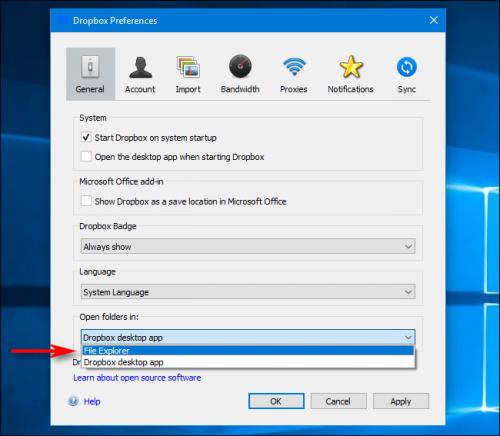
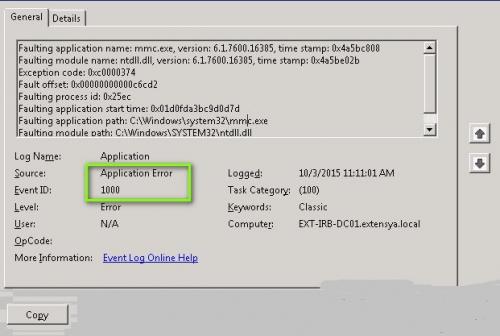

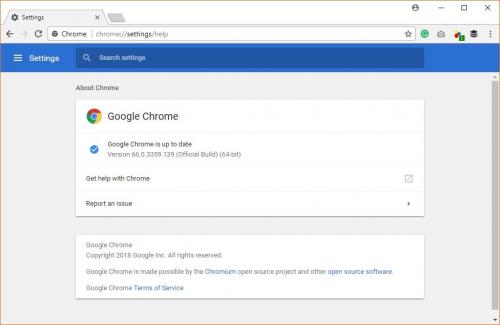


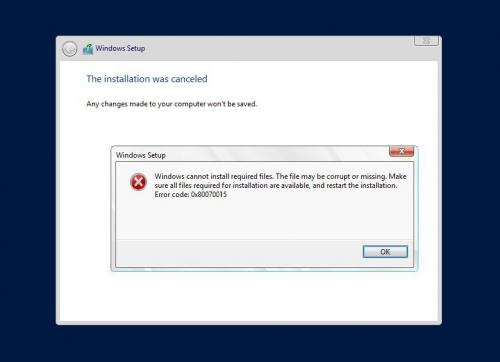
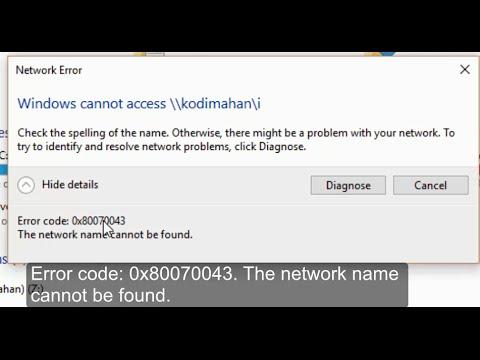

Comments